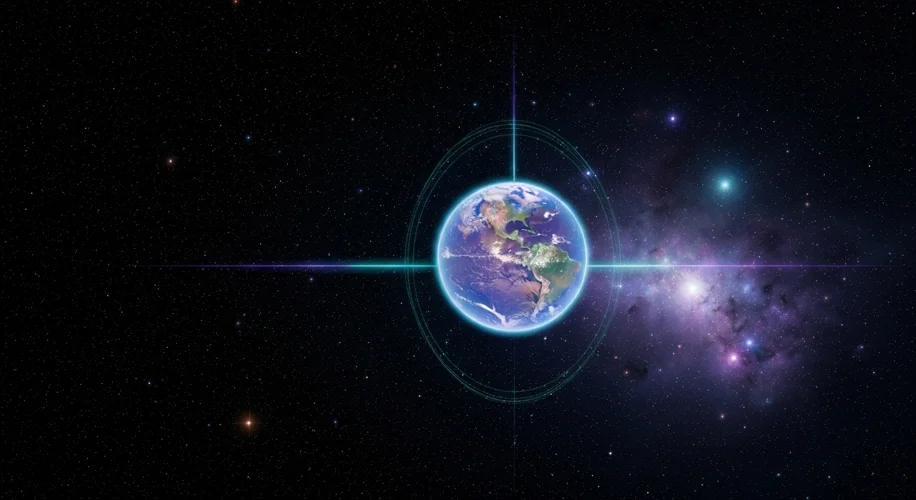Did you know that the very existence of life on Earth might be a lot more improbable than we ever imagined? A fascinating new study, published recently, is really making us think about how life got started here.
This research, which looked at the fundamental building blocks and conditions necessary for life, suggests that the odds were stacked incredibly high against us. Basically, the math doesn’t seem to add up for life to have just randomly appeared on our planet.
It’s a big question that scientists have been wrestling with for ages: how did we get here? We’ve explored theories like the primordial soup, where simple organic moleculesSelf-organized into more complex structures, and panspermia, the idea that life arrived on Earth from space via meteorites or comets. But this new paper brings a rather jaw-dropping possibility to the table: could Earth have been, in a way, terraformed by advanced extraterrestrial intelligence?
Now, before we jump to any wild conclusions, it’s important to remember this is a theoretical exploration based on complex calculations. The researchers aren’t saying aliens definitely planted us here. What they are saying is that the conditions needed for life to arise, to become complex, and to persist seem so specific and rare that it makes you wonder if there was some sort of external influence or ‘seeding’ involved. The paper delves into the incredibly precise environmental conditions that, according to their models, were required, and how unlikely it is for those to have spontaneously occurred.
It’s easy to get lost in the sheer improbability of it all. Think about it: the right chemical ingredients, the perfect distance from a stable star, a protective atmosphere, liquid water, and so much more. Each step seems like a cosmic lottery win. This new study quantifies just how many ‘wins’ would have been needed for life as we know it to even begin, let alone thrive.
What does this mean for us? It’s a reminder of how precious and perhaps unique our existence is. It pushes the boundaries of our scientific understanding and encourages us to keep asking big questions. Whether life arose through a series of incredibly fortunate natural events or through a more directed process (whether natural or engineered), the universe continues to hold its mysteries, inviting us to explore.
This kind of research really highlights the cutting edge of science, where we’re not just observing, but actively modeling and challenging our most fundamental assumptions about our place in the cosmos. It’s a humbling and exciting time to be thinking about origins.

